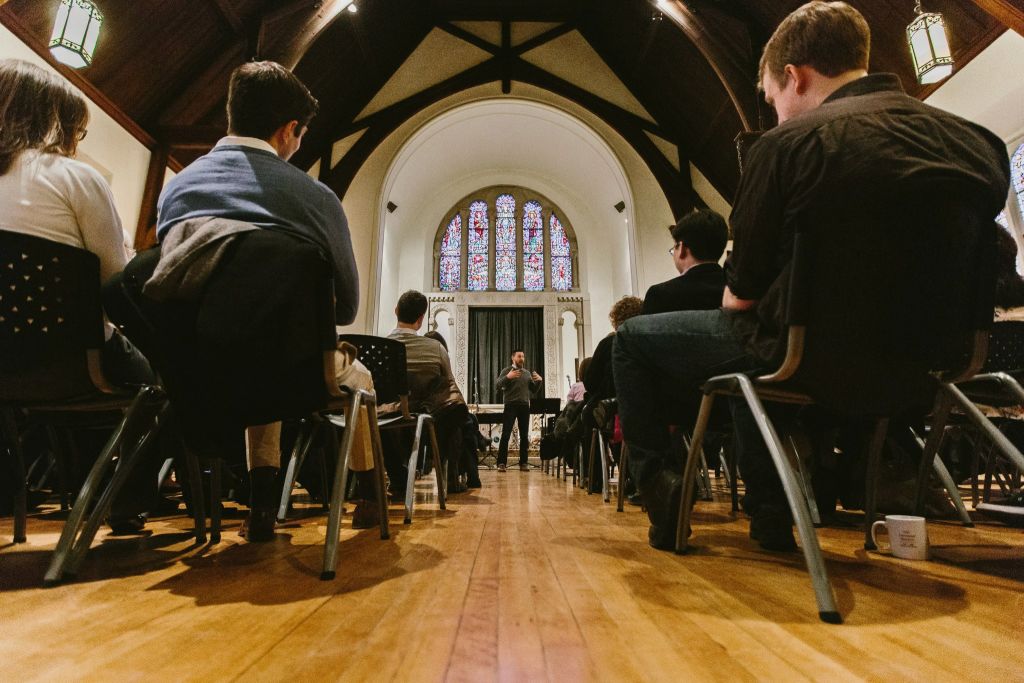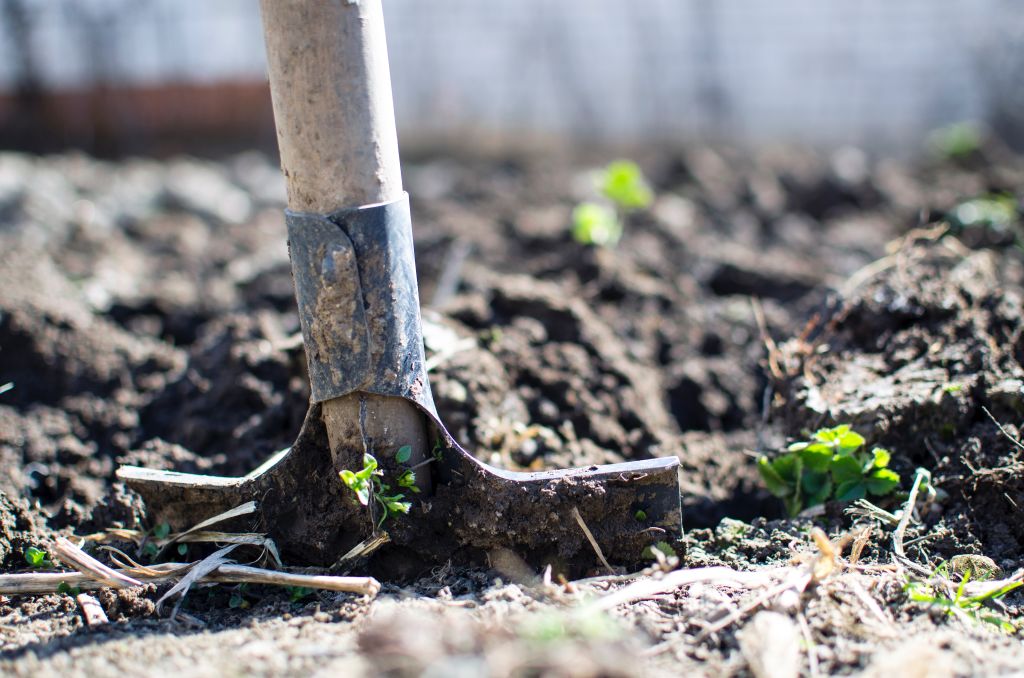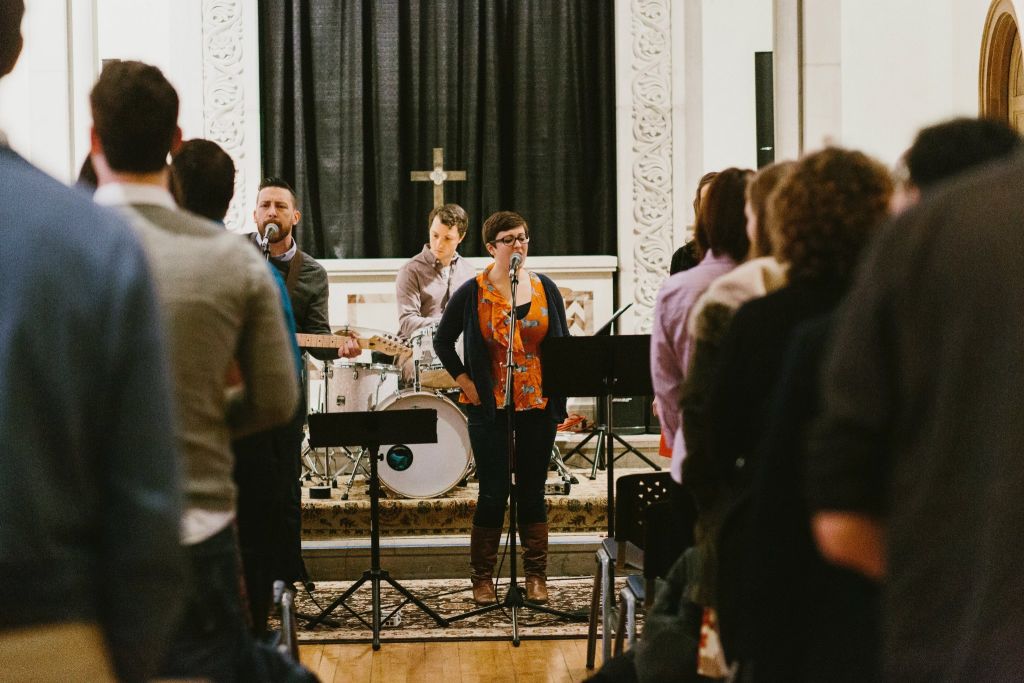In Their Own Words: The Power of "I don't know"

From Jeremy Hazelton, Village Church, Buffalo, New York
Every time I learn something new, I realize how much more I still have to learn.
This has been a challenge for me in virtually every aspect of my life, but perhaps most acutely in my work as a church planter and pastor. As someone who likes to masquerade as an intellectual, I pride myself on being well read, having the answer most of the time, and generally projecting the kind of confidence that inspires others to follow my lead. With some healthy accountability and the right kind of truth-tellers in your life, this mix actually makes for a good leader (I think.) The one glaring hole in this approach, though, is the power of saying “I don’t know.”
Reflecting on things I would do differently as a church planter, particularly early on in the process, I think I would figure out how to say “I don’t know” more often.

I understand the tension that comes from saying you may not know the way forward, especially when you are trying to get as many people as possible to follow you and help you build something new. The reality is, there are tons of things you don’t know. Confronting these challenges alone, while pretending to have it figured out, is exhausting. For me, it was also a missed opportunity to create buy-in and develop leadership in core team members and staff.
Precious time and resources were wasted in the early stages of our church plant because we were in a hurry to do something that we thought would work. The summer before we launched, we opened a community garden in the neighborhood adjacent to where our church would meet. Our thought was something like this: urban gardening is hip right now, people will love this, it will be a chance to engage potential church members in community development and mission, it will bless the neighborhood where we put it - all of the thinking was about the upside of engaging in this project. I even spoke at a conference that first fall touting the success of this kind of ministry engagement, and spoke as an expert in urban gardening as a means of reaching the unchurched.

In reality, the garden was easily one of the biggest mistakes that we made in the beginning. It’s not that gardening in and of itself was a problem, it was that we didn’t have the good sense to ask the right questions about this project or the patience to slow down and actually let our context inform our practice. The people who were joining our core team in the neighborhood where we were launching didn’t really care about urban farming and the neighborhood where we started our farm had no local point of contact to engage the community. In short, the project was so disconnected from our church that it was detrimental to our launch (as it happens, gardens must be watered, tended, and mowed) and it did nothing to bless the neighborhood where it was planted. This was one example where pretending to have it figured out was problematic.

The confidence and bravado to implement any idea will evaporate quickly if those ideas continue to be half-baked or fail altogether. Are you going to make mistakes as a church planter? Absolutely. Can you make fewer mistakes by saying “I don’t know” and allowing others to help shape decisions around the “how” of your mission? I think so.
Engage your core team and staff as problem solvers and innovators. This has tremendous power to help them belong to this church you are planting. Steward the "why" of your vision. Release the "how" of your vision to capable leaders. Do this early. Saying “no” to good ideas, or saying “not right now” to good ideas is hard, maybe the hardest thing to say when you are getting started and hungry to make an impact. Saying “I don’t know, but will you help me figure it out?” is likely the better option, and allows for ministry that lasts, has a deeper impact, and includes people who do likely know better than you about particular ministry initiatives.
Ask more and better questions. Lean on your management team and staff, and leverage their collective experiences to inform your decisions. Slow down. Stay in your lane and give away the rest. People will still follow you, people will still think you are smart and capable, your church will get planted, and it will likely be better than if you pretend to have it all figured out.

This article is part of Orchard Group’s series, In Their Own Words, where we ask church planters about their experience planting a church, reflecting on what they would do differently and the lessons they’ve learned.
“Get all the advice and instruction you can, so you will be wise the rest of your life.” Prov 19:20
